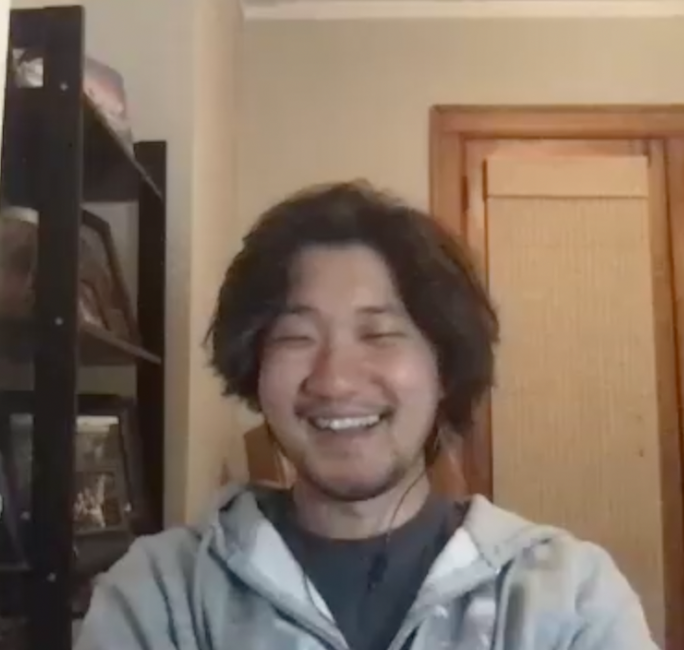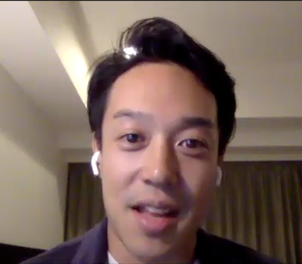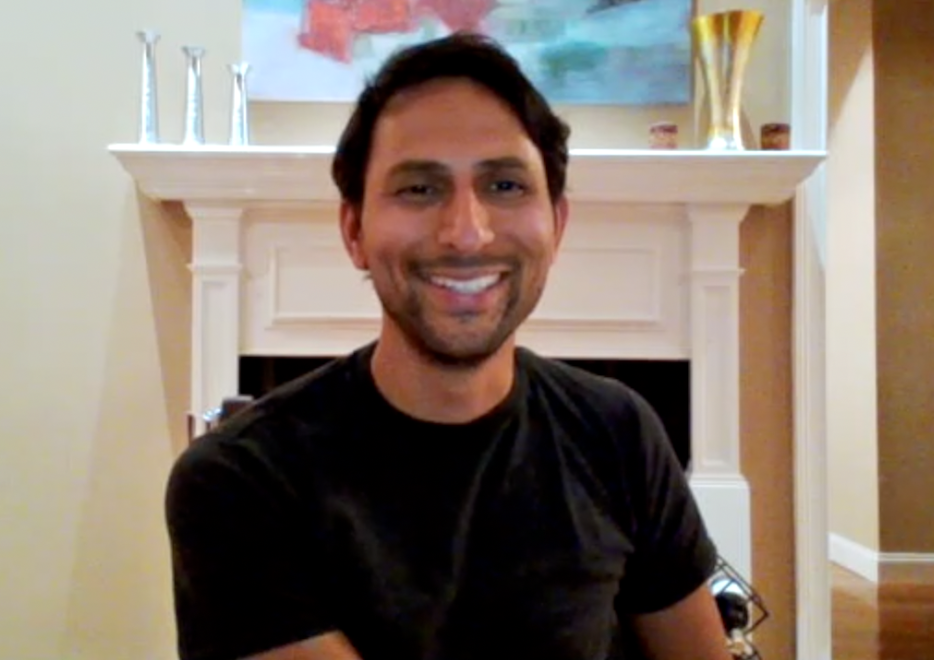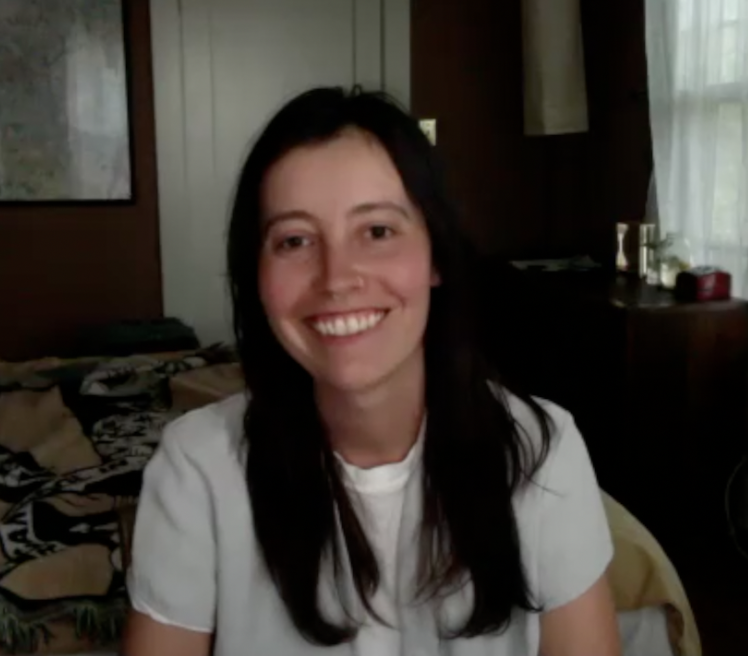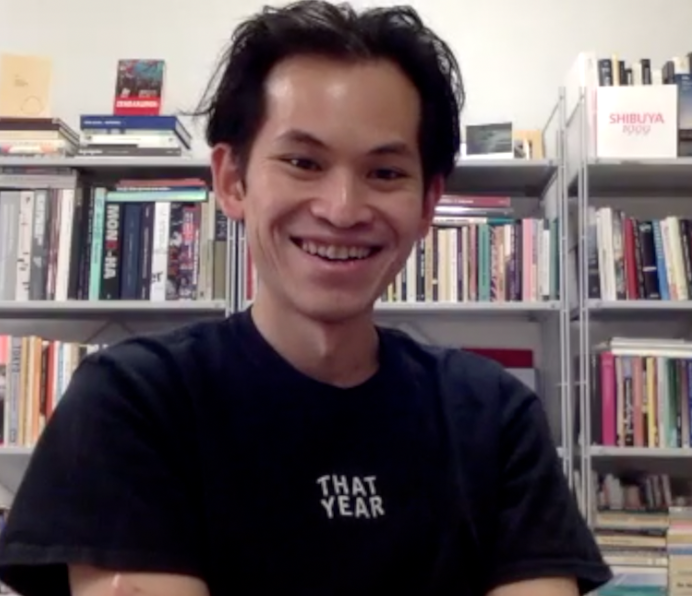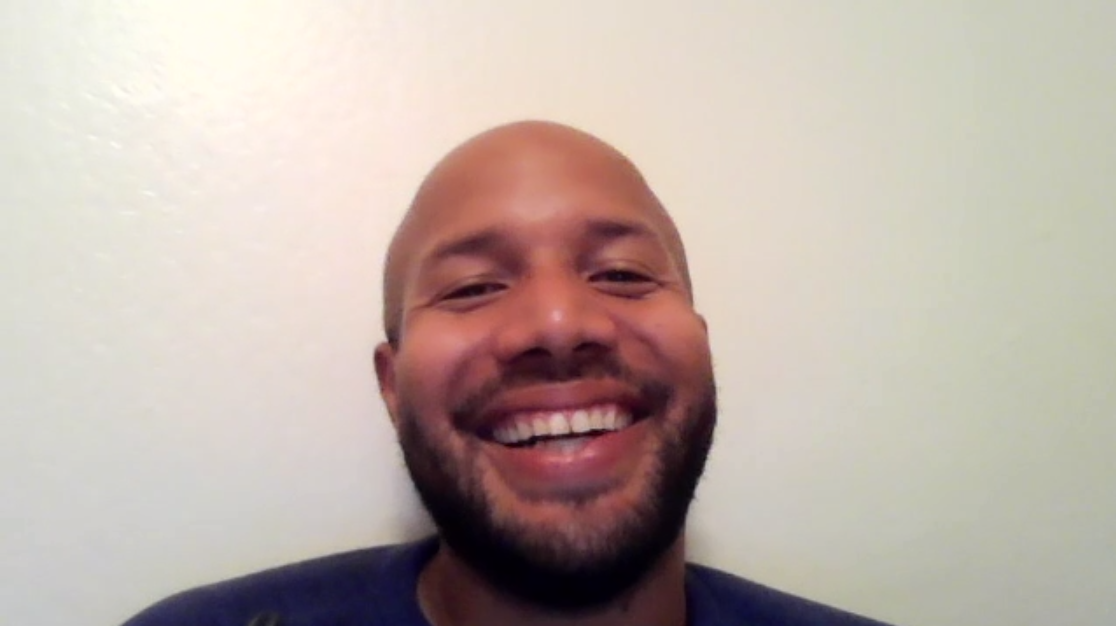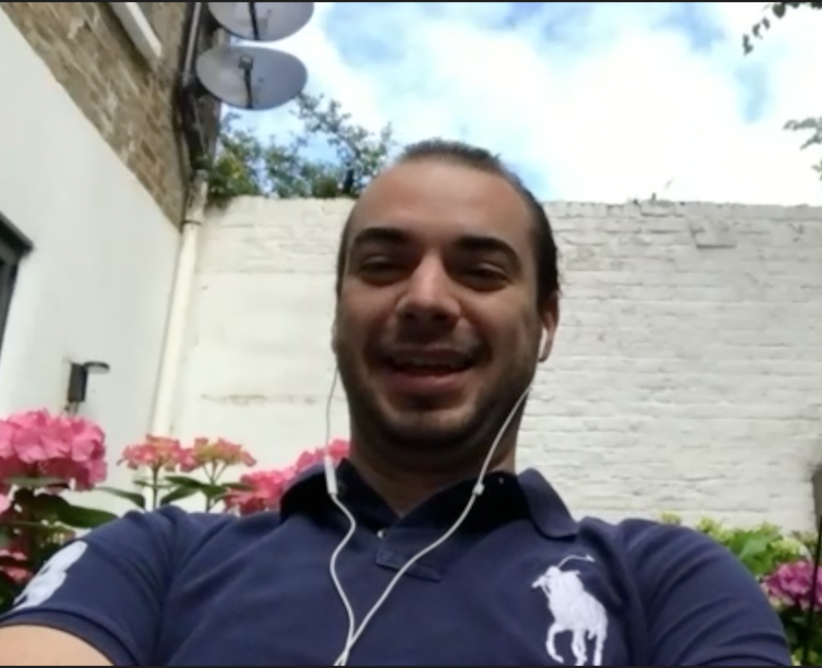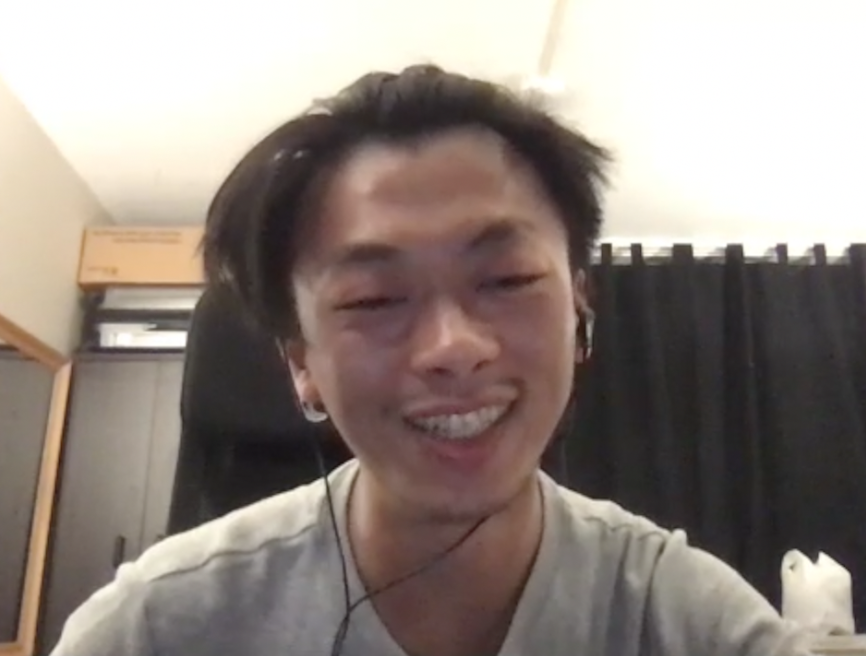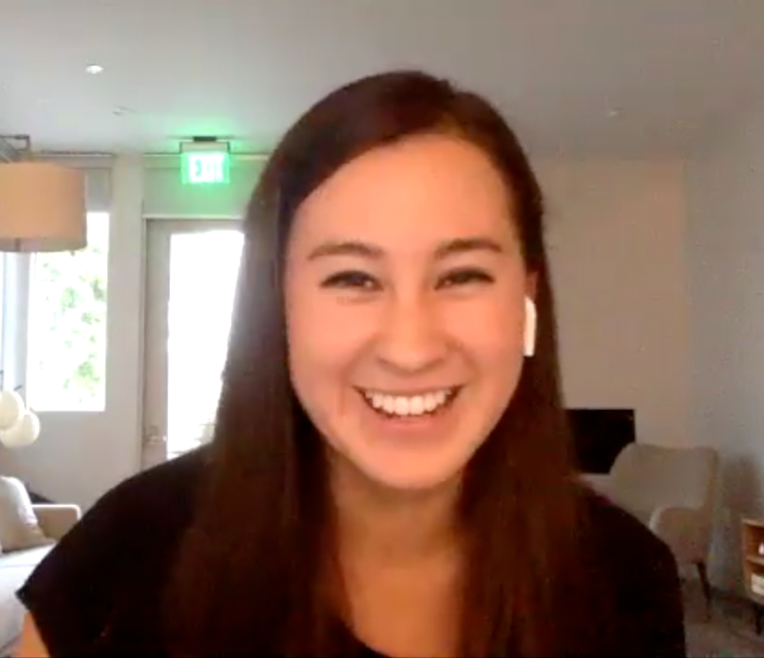Season 2 Episode List
|
Episode 11
Yoshi Suzuki (Nishimachi 2001, ASIJ 2005) Strategist, Consultant and Voice Actor Yoshi explains to Nick the fundamental differences between the pursuit of a Ph.D.in the natural sciences in comparison to the social sciences, and how these differences led towards his perspective that a Ph.D. in social sciences is one not worth pursuing. The two discuss the complexities of social science itself as an endeavor, and how by nature, its (social sciences) designs are often not founded on enough theory and biased. Yoshi finds that the ecosystem of social sciences being sustainable through tuition alone limiting (unlike natural sciences which often rely on outside grants), and much of the research was "research for the sake of research", unlike other fields which were making immediate differences based on their research results. The two discuss what it means to be a "consultant" and how the term itself is very vague, and often depends on the type of consultation and whether not the individual is staffed by the client or by the consulting company. Yoshi explains to Nick about the company he works for, and what type of person they are looking to hire as they recruit talent for their newly opening Tokyo office. The two towards the end briefly discuss how the tech sector and the United States have been trailblazers in regards to changing "professional clothing", and has shifted the focus from what you wear to what you accomplish, productivity At the end of the conversation Yoshi shares with Nick his experience of doing kabuki in Nishimachi igniting his passion towards theater, and how that led towards professional gigs in high school and college, and the today (part time). From Yoshi: By the way, WE ARE HIRING in Tokyo! If you are a technical architect, Scrum Master, Product Manager, business/operations consultant or change management consultant who is interested in a new challenge, reach out to me on LinkedIn! Youtube Link Anchor Link |
|
Episode 12
Alex Nomura (St. Marys 2004) C.O.O. (Former consultant) Alex explains how he became a consultant out of University, and how the job provided him with the opportunity to work with people from various people from numerous business sectors. He then goes on to explain what led him in 2014, to take the leap from the corporate world and begin as a co-founder for the start-up, Onedrop Inc. The company started as a small team consisting of three people, the CEO, the COO (Alex) and an engineer back in 2014. Today the company is now at 20 employees (including part-timers). Alex explains to Nick how they provide a unique service, which goes beyond the simple eikaiwa and helps clients learn communication skills. Alex and Nick discuss M.B.A.'s, and whether pursuing one is worth it in todays business landscape, and how an M.B.A. may not necessarily be the correct route for all people. Alex shares with Nick a story of how another St. Marys alumni currently serves as one of the directors on his team, and how it is to work closely with someone as a business partner and a friend. Youtube Link Anchor Link |
|
Episode 13
Max Taffel (ASIJ 2004) Consultant and Product Director Max explains to Nick why he chose the unique route to major in Political Science and Mandarin before entering the corporate world, and how learning Mandarin helped pave away a path to study abroad and help with his summer internships throughout his four years of college. The two discuss how "internships" have evolved the past several decades, and the importance of being engaged in new areas of interest during internships, and to not get pigeonholed into one industry prior to college graduation. Max explains how he had to make a tough decision between going into consulting verse teaching, and he ultimately decided to take the route of consulting (although he still remains passionate about the idea of teaching and education). Max and Nick discuss the culture of running in the corporate world, and how there are cultural differences when it comes to "working out" based on country-to-country, and how it seeps into (or does not) work culture. The two former runners discuss how running increases productivity. Max speaks to Nick about coming out his sophomore year in College, and talking about how his perspective in marriage was throughout the periods of growing up during a time when same-sex marriage was illegal, up until the modern day, where he was able to be legally married to his partner Allan in the state of New York in 2019. Youtube Link Anchor Link |
|
Episode 14
Monica Murray (ASIJ 2011) Touring Photographer Monica describes to Nick what it was like being in Japan, and at ASIJ during the 2011 Tohoku earthquake. Monica explains to Nick how she had a "culture shock" when moving back to the USA (Michigan), and how life now in "the South", Nashville, was a major adjustment in comparison to life in Japan. Monica speaks to Nick what type of person she thinks would thrive in the music industry, and addresses the issue of misogyny and sexism in the entertainment industry. Through having a support role for the channel, GemsOnVHS, she learned how a support role can contribute just as much as the main role, and Monica explains how if one is passionate about art, they can contribute to art not necessarily as an artist, but as an individual who supports the art creating process. Nick asks Monica how the revenue system works for Youtube, and Monica explains to him how COVID-19 has affected ad revenue in the industry. Nick also inquires about how COVID-19 has affected the music industry in general, and Monica explains to him what she has seen first hand in regard to the music scene in Nashville, Tennessee. Youtube Link Anchor Link |
|
Episode 15
Matt Jay (ASIJ 1999-2004) Curator, Arts Organizer Matt begins the podcast explaining his shirt, designed by "That Year" his label, and how his label came to be, and what the label means to him and how it is a symbol which goes beyond its title as a clothing label. The two discuss how Asian representation in popular culture has changed the past few decades, and how that has affected their personal perspectives in regards to Asians in the entertainment/art industries. Matt explains to Nick the ins and outs of Art school, and the type of career paths one could take upon graduating from art-specific colleges. Matt explains to Nick how his project "End of Summer" came to fruition, and how the program connects contemporary artists from Tokyo and Portland. Matt originally majored in film, but currently pursues an area of art more on the management side. He explains to Nick how although he no longer pursues directing itself, how there is a single thread, of art and culture, which connect from his time as a young film director as a teen to the curator and art organizer he is today. Matt also explains how his formative years in Tokyo, and at ASIJ molded much of the person he would become today. Youtube Link Anchor Link |
|
Episode 16
Dr. Yannik Pitcan (ASIJ 2007) Data Scientist Yannik explains to Nick the common misconceptions people have about Harvard, and compare and contrasts his experience at a small private school (Harvard) in comparison to a large public school (UC Berkeley). He explains how Harvard has a "house system", which can largely dictate ones experience at the Ivy League University, and how he felt that the system at the UC's were much more "sink or swim" in comparison to Harvard that had a more thorough support system. Yannik explains to Nick why he decided to pursue a Ph.D., explains the differences between a "statistician" and.a "mathematician". Yannik goes on to talk about how rigorous high school was in comparison to college and earning a Ph.D., and how international schools in Tokyo prepped him well for schools like Harvard and Berkeley. That "If you can survive ASIJ, you can survive Harvard". The two discuss the role of "race" at Harvard vs Berkeley, and living in Florida v Boston v the Bay Area, and discuss the difference between implicit bias v overt racism. Yannik explains to Nick how there is almost a duality in thinking when it comes to race in areas like San Francisco, where there are signs indicating "Black Lives Matters", but very few Black individuals residing in city itself. Yannik explains to Nick how his industry of data science needs industry leaders of color in order to see true change. Youtube Link Anchor Link |
|
Episode 17
Benjamin Simon (ASIJ 2006) Precious Metals Trader Benjamin explains to Nick his journey as a TCK, navigating through both French and American schools, and ultimately choosing to graduate through the American system after attending ASIJ and Shanghai American School. The two discuss and reminisce how global the experience was attending an international school, as Nick pointed out Benjamins group of friends alone was a mini-EU with a student from Bulgaria, another from Sweden, an Italian, and Benjamin (French). Benjamin shares with Nick stories of how his background of being a "TCK" (Third Culture Kid), had helped him throughout his career course, and has helped him work in the various multi-cultural teams he has served in for the various transnational corporations he has worked for. Benjamin also explains how the way he entered the banking industry and trading industry was not the standard way one would go from college to work, and instead he was able to specifically leverage his background a multicultural TCK to help him get positions in banks, which eventually helped him land the work he pursues today. Benjamin explains to Nick the life of a precious metals trader, and how the market has been affected by the recent outbreak of COVID-19. He provides Nick with pointers for beginner investors, and what to be careful about when it comes to investment for products such as gold, silver and platinum. The two also touch upon the topic of bitcoin in the market, and the often drawn parallel of bitcoin and gold. Nick asks Benjamin about whether the new platforms for trading has increased the level of day trading, and Benjamin agrees that it has, and shares an anecdote from his experience on a taxi in Shanghai that illustrates this point. Youtube Link Anchor Link |
|
Episode 18
Raymond Strack (ASIJ 2005) Coming Soon |
|
Episode 19
Kai Hirota (Former St. Marys / Aoba) Data Scientist Kai explains to Nick how he went from having a 1.60 GPA in high school to earning a Bachelors in Science at Santa Clara, and currently pursuing a Masters degree at the University of Sydney. He explains to Nick what events in his life prompted him to go back to school, and why he chose to study information, data, and computer science. Kai explains to Nick what the greatest challenges were for him throughout his academic journey at public school, private school, American schools, International Schools, and Australian schools, and how confidence has been a continual theme in regards to how he hoped to improve as an academic and professional. The two discuss the importance of one creating a new environment, and how change can sometimes only happen through a change of scenery as opposed to a change in ones self. Kai explains to Nick the curriculum and education he has found most effective, and those he had found least effective based on the various schools and school systems he had attended. Kai finishes the podcast with the advice he would have towards any students who are struggling in high school. Youtube Link Anchor Link |
|
Episode 20
Janet Wold Kanzawa Lawyer Janet explains to Nick why she became a lawyer. She describes how her passion and interests such as international relations and philosophy were intertwined with international law, and she found the occupation to be both intellectually stimulating and a challenge she was willing to take on. As a philosophy major, Janet explains to Nick how many of the great philosophical questions we have as a society, often connect to how we view the justice system overall, and understanding philosophy helped her better comprehend how and why these legal systems existed in different nations. The two discuss the LSATs and preparation for Law School. Janet explains to Nick how the 3-years at law school work, and how the system of the "T14 schools" can affect the job hunt process for those who are attending law school. She also explains to Nick how the job hunt process essentially begins from year one, since the two summers law school students have are an essential time for them to get work experience between their studies. The two discuss the bar exam, and Janet explains how law school students prepare for the exam, and how the bar is different depending on the state. Janet clarifies for Nick what many companies mean when they say pro bono, and how some companies utilize a billing system that encourages their employees to work on cases which are pro bono. Janet explains to Nick how choosing a firm that had a very flexible pro bono system was one of the factors in regards to why she chose to work for her current law firm. Janet explains to Nick how right now is an excellent opportunity for any Japanese speaker to attend law school, and that there is consistently and constantly a demand for Japanese speakers who also have passed the bar. She explains how there is a system present where you could work in Tokyo as a US lawyer through going through the 外国法事務弁護士 system. Youtube Link Anchor Link |

